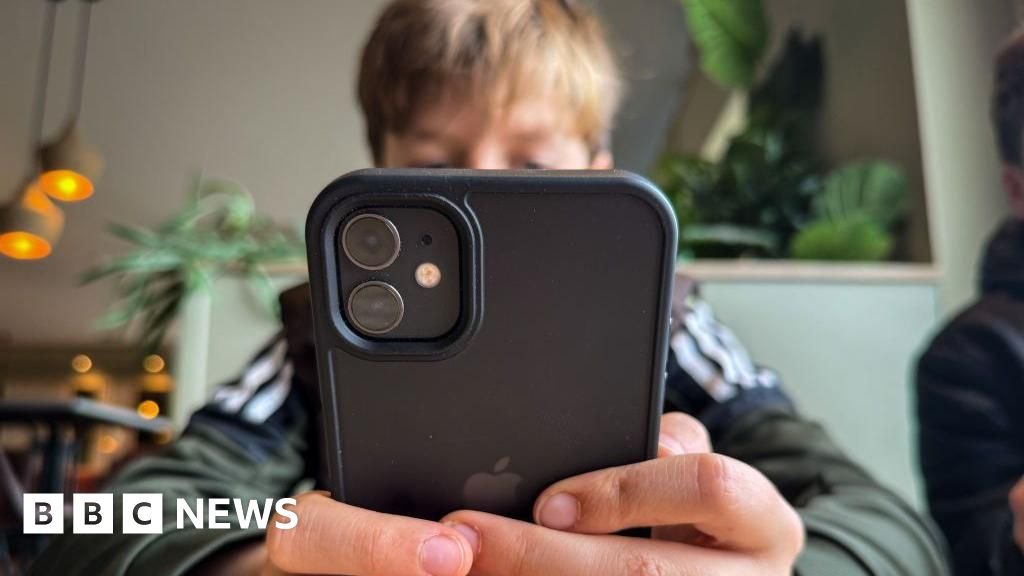Albanese says the ban, which applies to platforms such as X, TikTok, Facebook and Instagram, aims to protect children from the “harm” of social media.
“This is for moms and dads… They, like me, are very concerned about our children’s online safety,” he said.
The new legislation provides a “framework” for the ban. But there are few details in the 17-page document, which is expected to be introduced in the Senate next week.
Instead, the national internet regulator – the e-Security Commissioner – will decide how to implement and enforce the rules, which will not come into force for at least 12 months after the legislation is passed.
According to the bill, the ban applies to all children under the age of 16 and that there will be no exceptions for existing users or those with parental consent.
Tech companies face fines of up to A$50m ($32.5m; £25.7m) if they fail to comply, but there will be exemptions for platforms that can create “low-risk services” that are considered suitable for children. The criteria for this threshold have not yet been established.
Messaging services and gaming sites, however, will not be restricted, raising questions about how regulators will determine what is and is not a social media platform in the rapidly changing landscape.
A group representing tech companies such as Meta, Snapchat and X in Australia dismissed the ban as “a 20th-century response to a 21st-century challenge”.
Such legislation could push children into “dangerous, unregulated parts of the Internet,” according to Digital Industry Group Inc.

